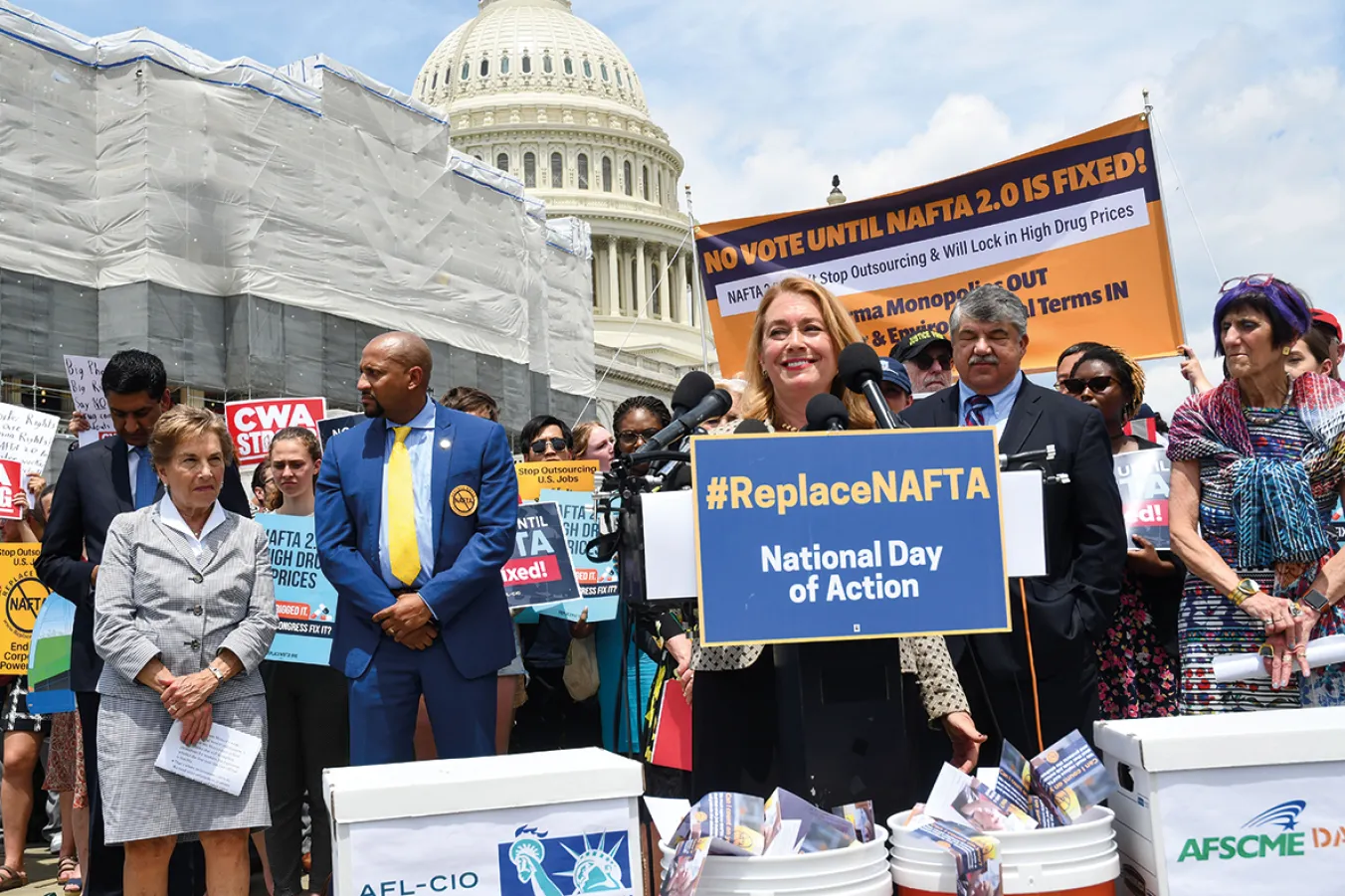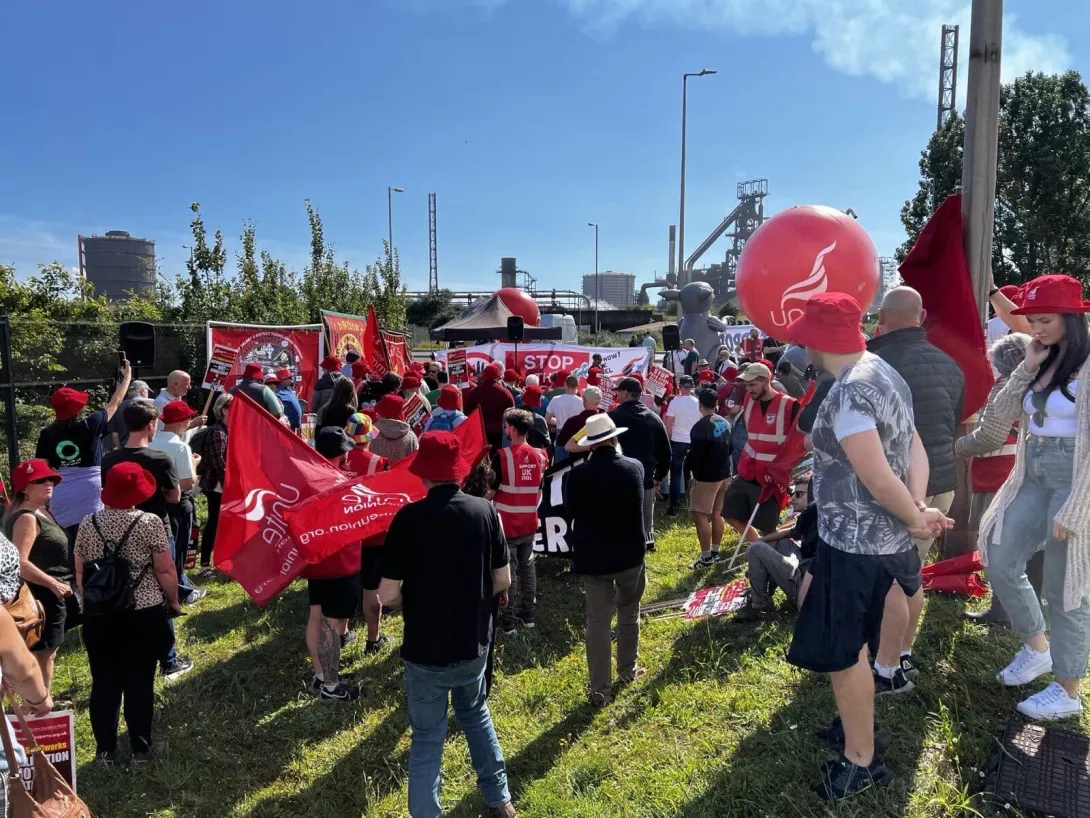
THE explosive growth of artificial intelligence (AI) and the concurrent loss of paid employment for millions of people has reenergised the debate about the future of work and given fresh impetus to the advocates of a universal basic income (UBI), a concept that is viewed with some suspicion and scepticism by many on the left.
UBI is a social welfare measure in which all citizens of a given population receive a guaranteed minimum income in the form of a regular unconditional transfer payment. The principal arguments of its critics are that it creates welfare dependency and is simply unaffordable, neither of which stands up to scrutiny.
Since the 1773 Inclosure Act started a process that saw hundreds of thousands of people displaced from the land and forced to work in the towns and cities, where the Industrial Revolution was born, society has placed a high value on a Puritan work ethic which values productivity and hard graft and frowns upon the slackers and the workshy who do not buy into it.

















